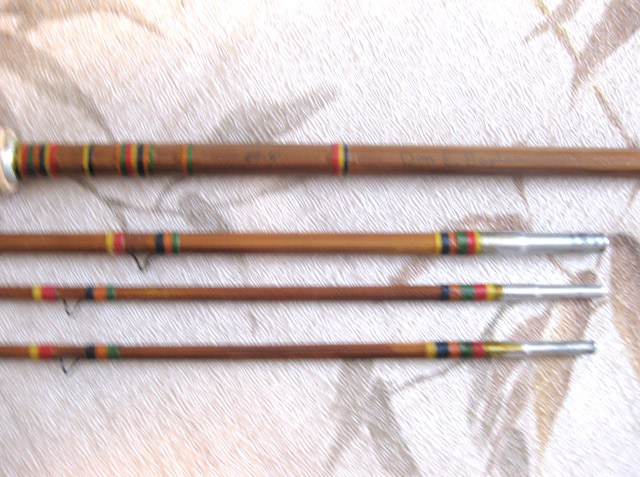Home Plate
Question
How sharply can the black of home plate be angled off? Our home plate's angle is almost vertical, it appears to be a safety hazard.
Answer
Hi Ashley,
Thank you for your question. There is no mention of the construction of a plate's edges in any of my rule books or umpiring literature. However, I'm certain that I can give you a good, commonsense answer! I have never seen a plate that didn't have a black, beveled edge APPROXIMATELY 1" wide on all five sides. Safety is the most important part of the game, so your plate with "almost vertical" edges needs to be taken out of service immediately. It is a tripping hazard for a runner standing up, and a potential ankle and leg breaker for a runner sliding. Below I've included verbatim descriptions of plates for sale by sporting goods companies, the very first two that popped up in my www search. Do you notice that both ads mention the plate's beveled edges?
Scott Kelly
#1
Three inches high with black beveled edges and all rubber bottom
Designed to be buried flush with the ground
Weight: 24 lb.
Official Size Definition: Home base shall be marked by a five-sided slab of whitened rubber. It shall be a 17-inch square with two of the corners removed so that one edge is 17 inches long, two adjacent sides are 81/2 inches and the remaining two sides are 12 inches and set at an angle to make a point. It shall be set in the ground with the point at the intersection of the lines extending from home base to first base and to third base; with the 17-inch edge facing the pitcher's plate, and the two 12-inch edges coinciding with the first and third base lines. The top edges of home base shall be beveled and the base shall be fixed in the ground level with the ground surface.
#2
Official plate for minor and youth league teams
Beveled sides slant into round, for safe sliding at home
White with black edge
Finest rubber
Five metal spikes
Scott Kelly
Drop third Strike, two outs, runner on 3rd.
IFF and Interference


